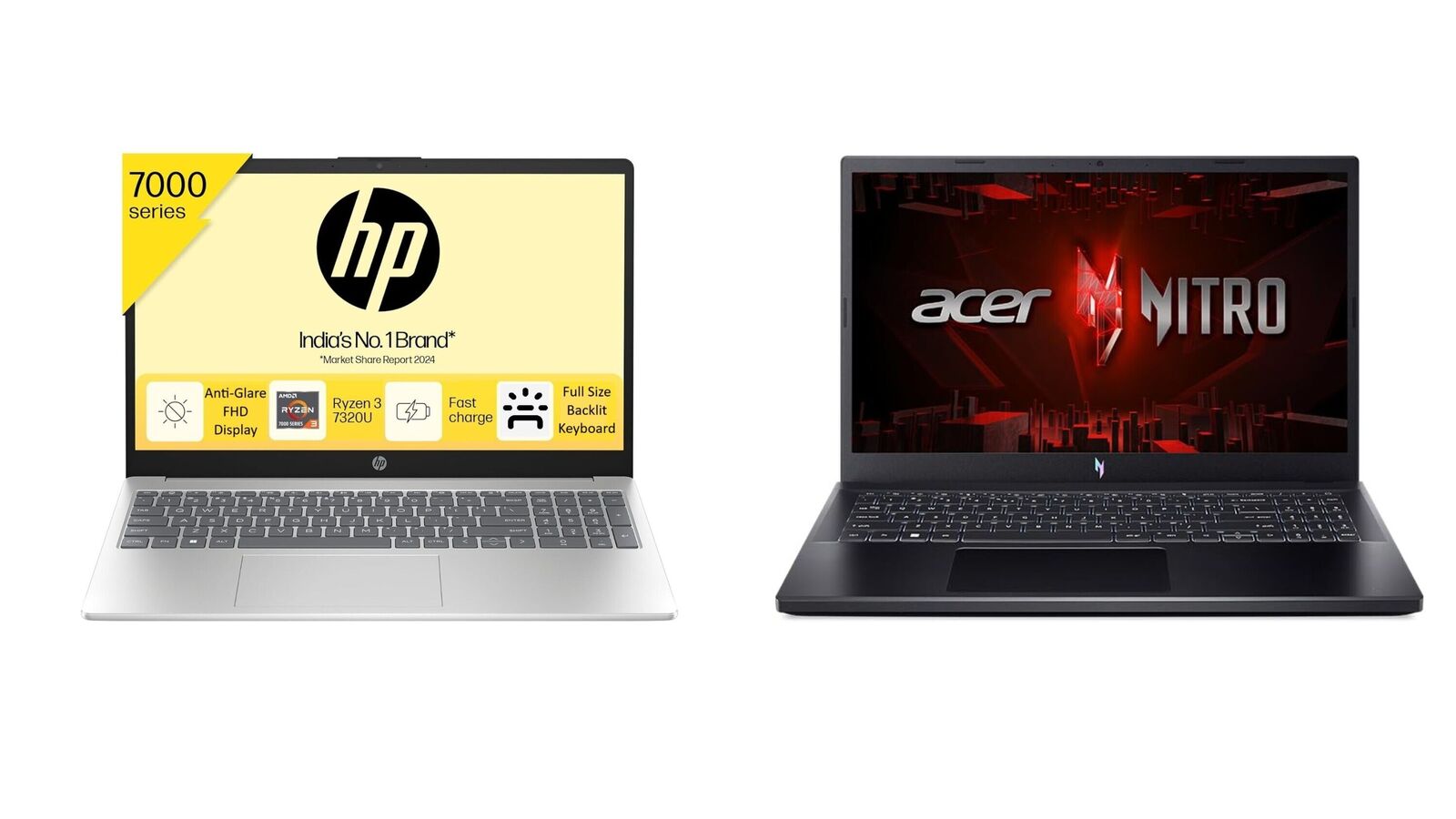AI model assesses eczema severity from smartphone images to support accurate at-home tracking.

An artificial intelligence model has been developed to objectively evaluate eczema severity from smartphone photos uploaded by patients, offering a new digital method for assessing atopic dermatitis. Created by a team from Keio University School of Medicine and collaborators, the findings were published in Allergy, the official journal of the European Academy of Allergy and Clinical Immunology (1✔ ✔Trusted Source
AI-Based Objective Severity Assessment of Atopic Dermatitis Using Patient Photos in a Real-World Setting: A Digital Biomarker Approach
Go to source
).
Challenges in Evaluating Atopic Dermatitis
Atopic dermatitis (AD) is a common chronic skin condition that flares repeatedly and often requires long-term monitoring and treatment adjustments. In recent years, smartphone apps and social media platforms have made it easier for patients to track their symptoms, learn about their condition, and document changes over time.
However, patient-reported symptoms like itch or sleep loss don’t always align with visible disease severity. This gap underscores the need for more standardized, objective evaluation tools—and highlights the growing potential of digital biomarkers to fill that role.
Data From Japan’s Largest Eczema Platform
To address this, the research team leveraged data from Atopiyo, Japan’s largest AD platform, where over 28,000 users have shared more than 57,000 symptom photos and personal comments since 2018. The AI model developed in this study integrates three key algorithms: body part detection, eczema lesion detection, and severity scoring using the Three Item Severity (TIS) scale, which evaluates redness, swelling, and excoriation.
Diagnostic Accuracy of AI-Based Severity Scoring
Using a training dataset of 880 images with self-reported itch scores, the AI model demonstrated high diagnostic accuracy. In a validation study using 220 test images, the AI-based TIS (AI-TIS) showed a strong correlation with dermatologist-assessed TIS scores (R = 0.73, P < 0.001) and a meaningful correlation with objective SCORAD scores (R = 0.53, P = 0.04).
“Many patients with eczema struggle to evaluate their disease severity on their own,” said Dr. Takeya Adachi, the study’s corresponding author. “Our AI model allows for objective, real-time tracking using just a smartphone, empowering patients and potentially improving disease management.”
Discrepancy Between Itch and Inflammation
Interestingly, the study also found that AI-derived severity scores correlated only weakly with self-reported itch scores, highlighting the discrepancy between perceived symptoms and observable inflammation. This supports the growing need for digital biomarkers that can enhance precision in dermatological care.
The researchers aim to expand the model’s utility by incorporating broader skin types, age ranges, and integrating additional clinical features from scoring systems like SCORAD and EASI. This work paves the way for AI-driven teledermatology solutions that support both patients and clinicians in real-world settings.
Reference:
- AI-Based Objective Severity Assessment of Atopic Dermatitis Using Patient Photos in a Real-World Setting: A Digital Biomarker Approach – (https://onlinelibrary.wiley.com/doi/10.1111/all.16586)
Source-Eurekalert














Leave a Reply